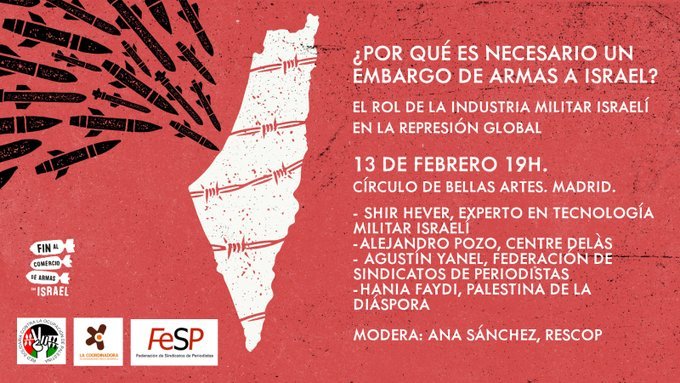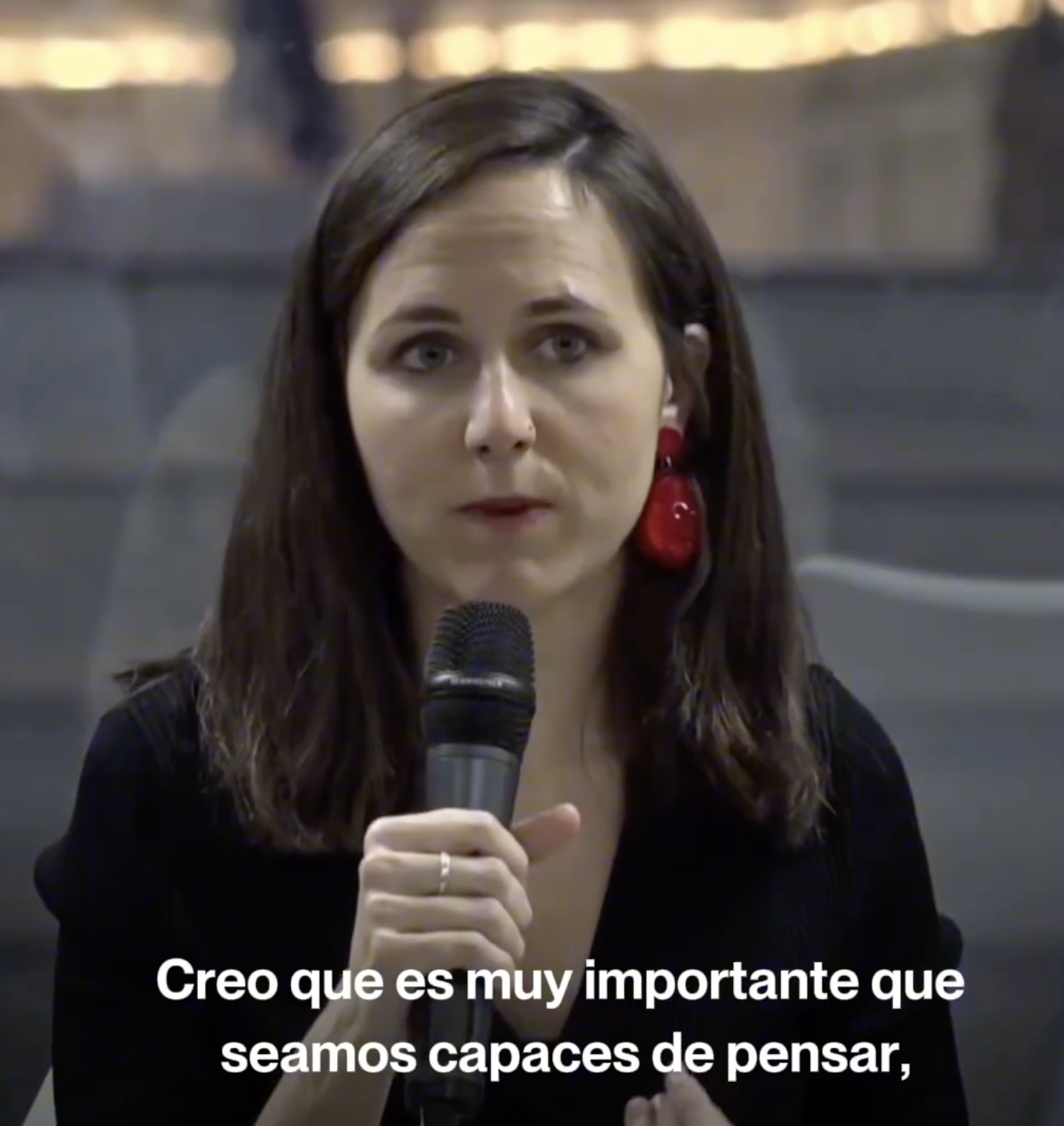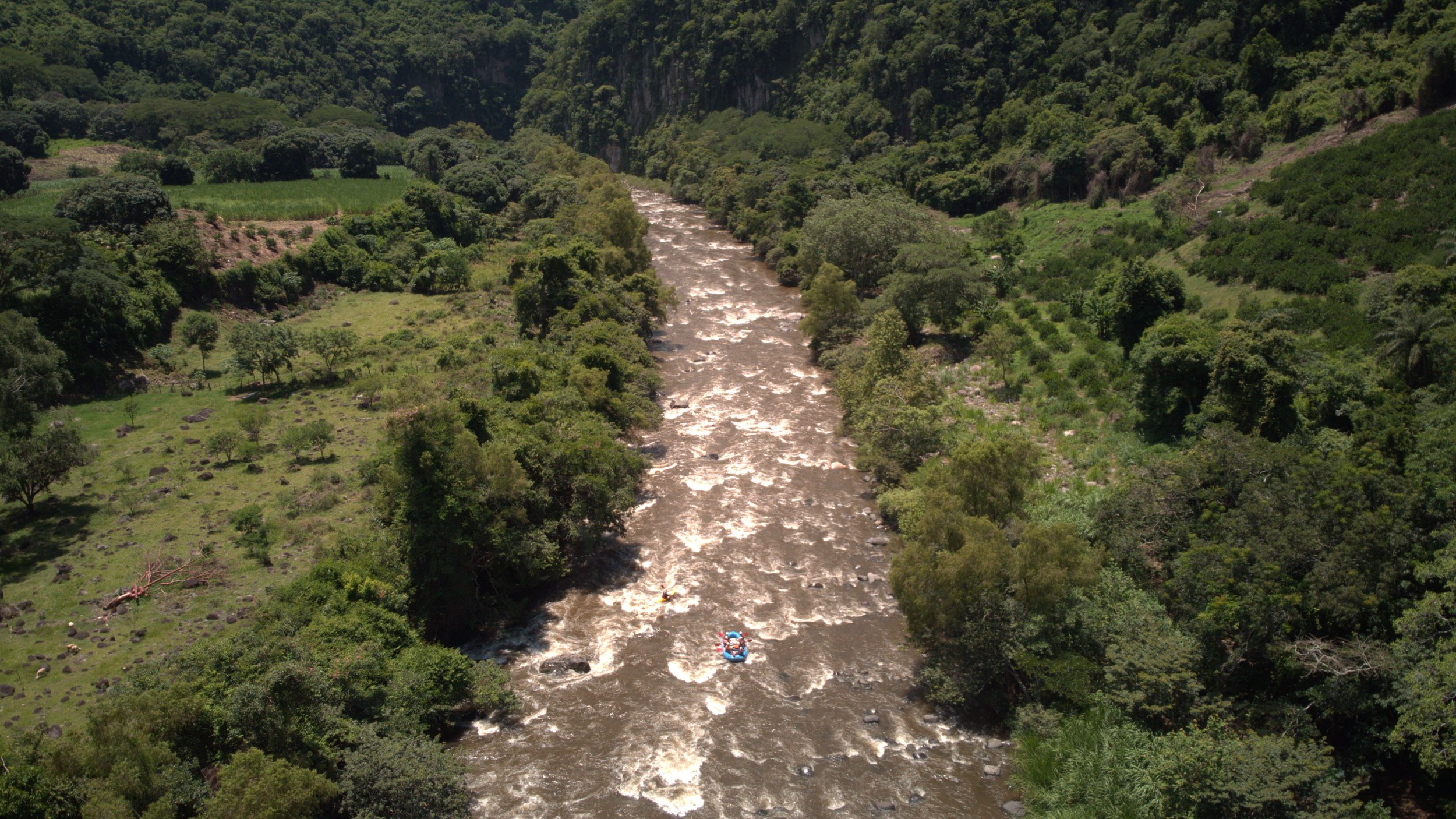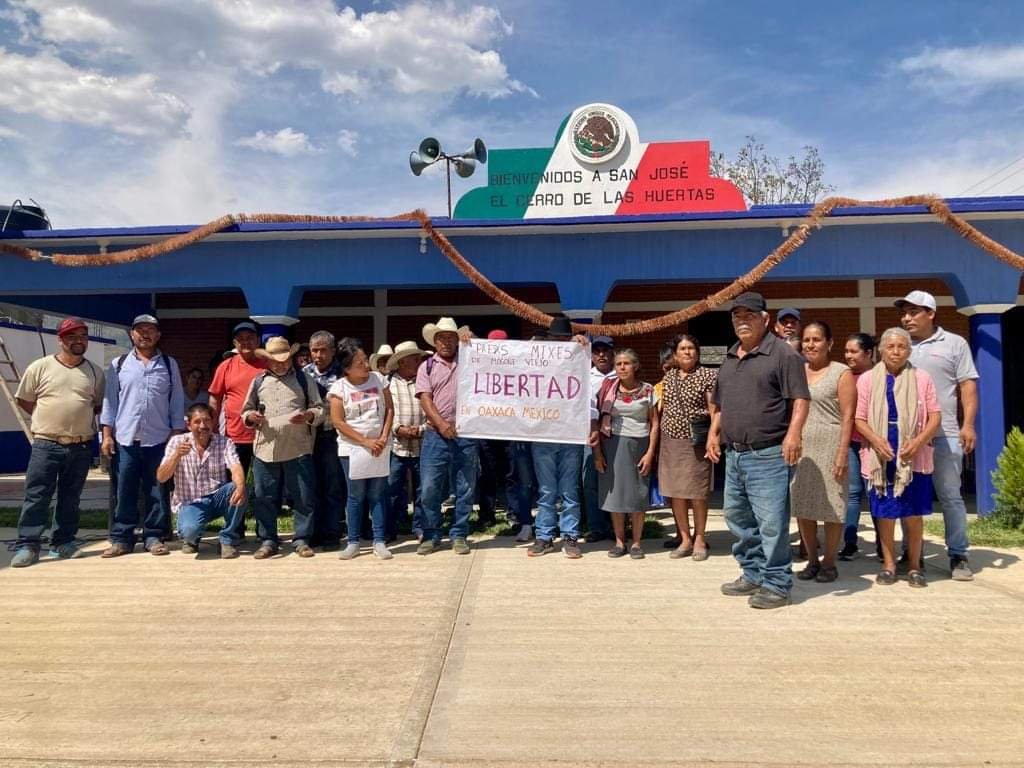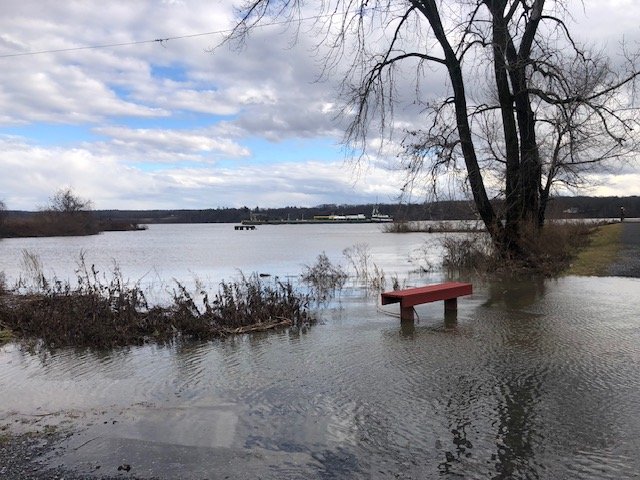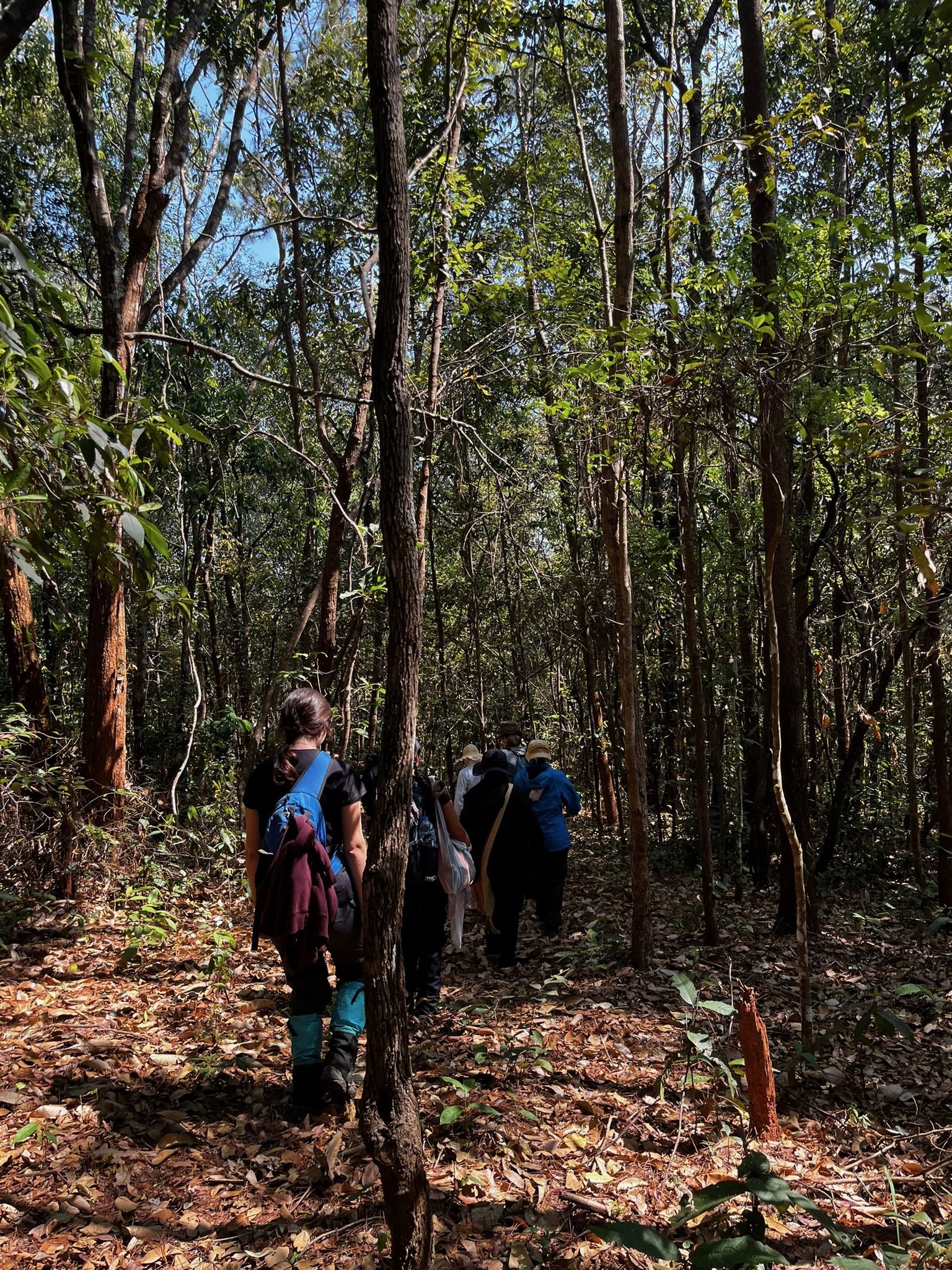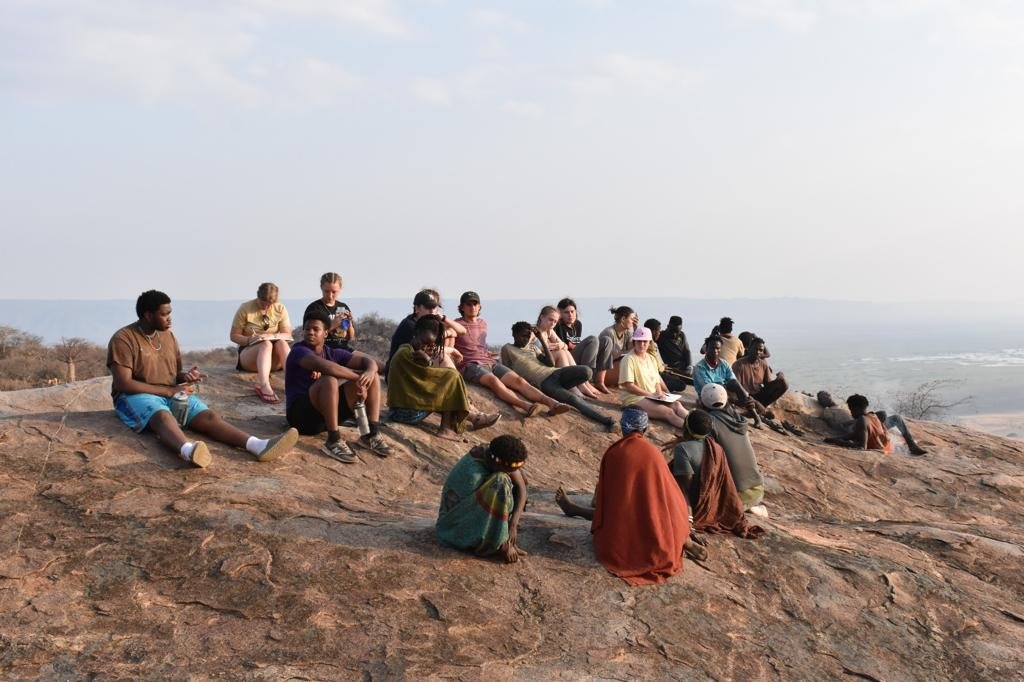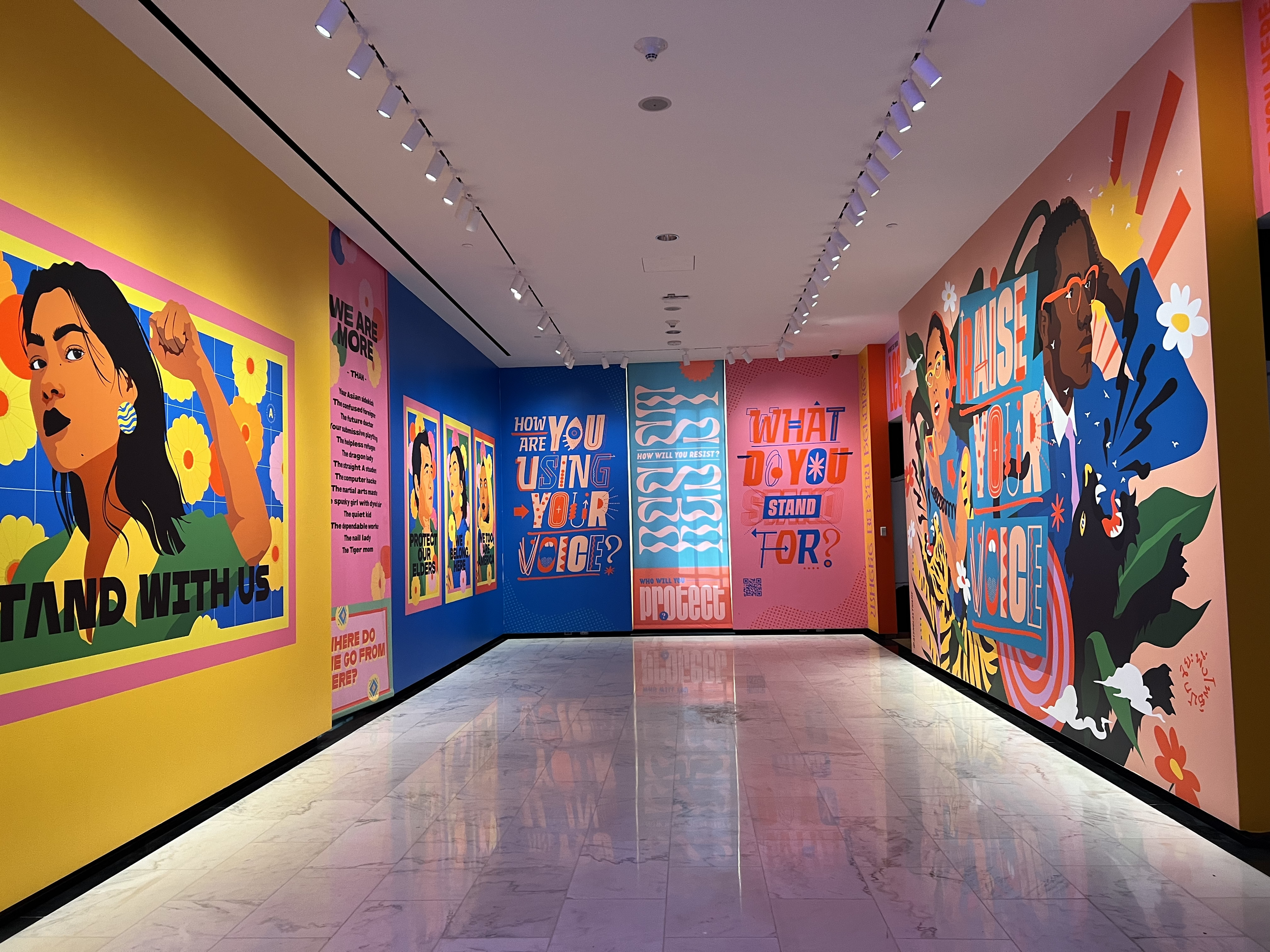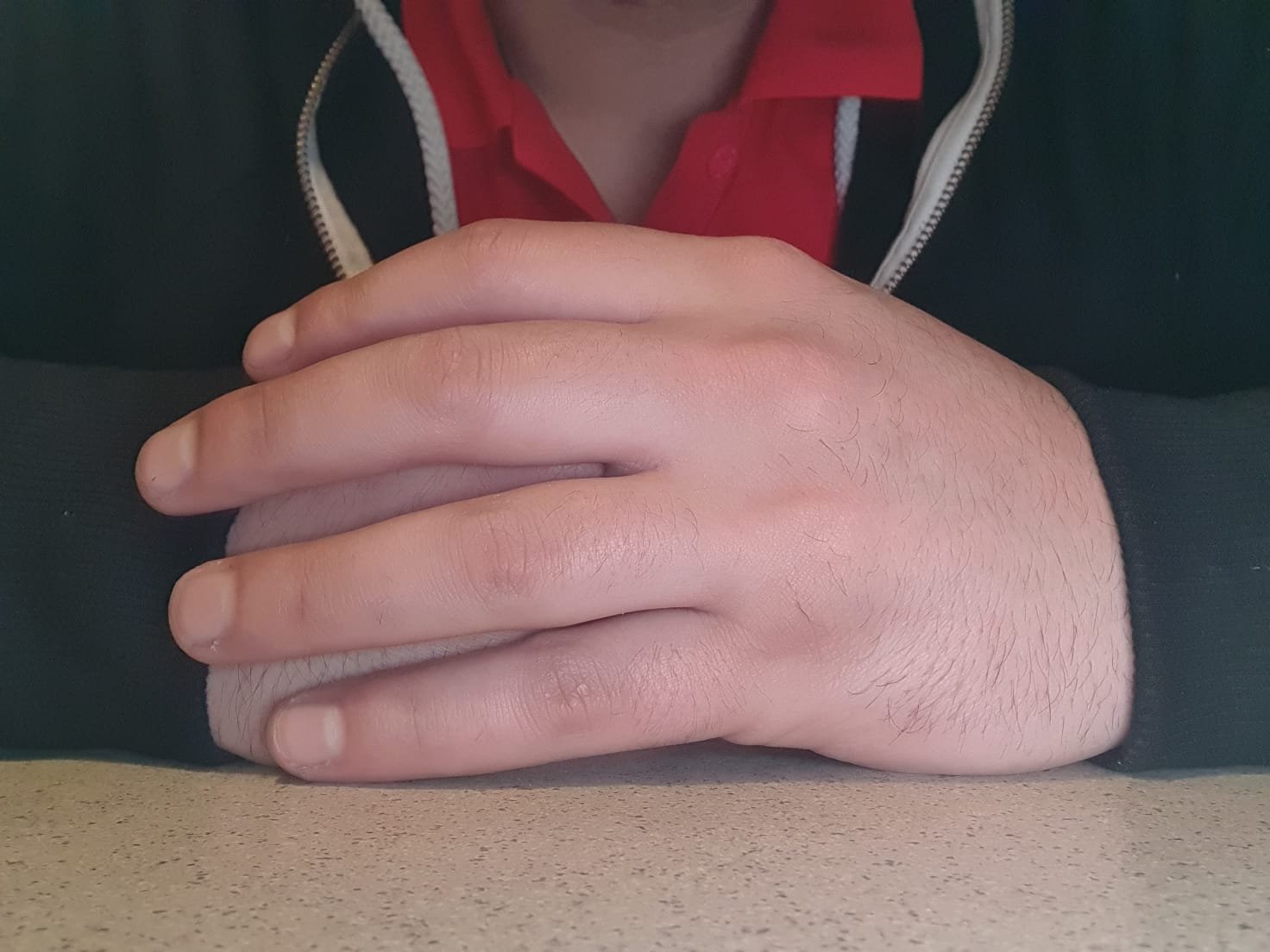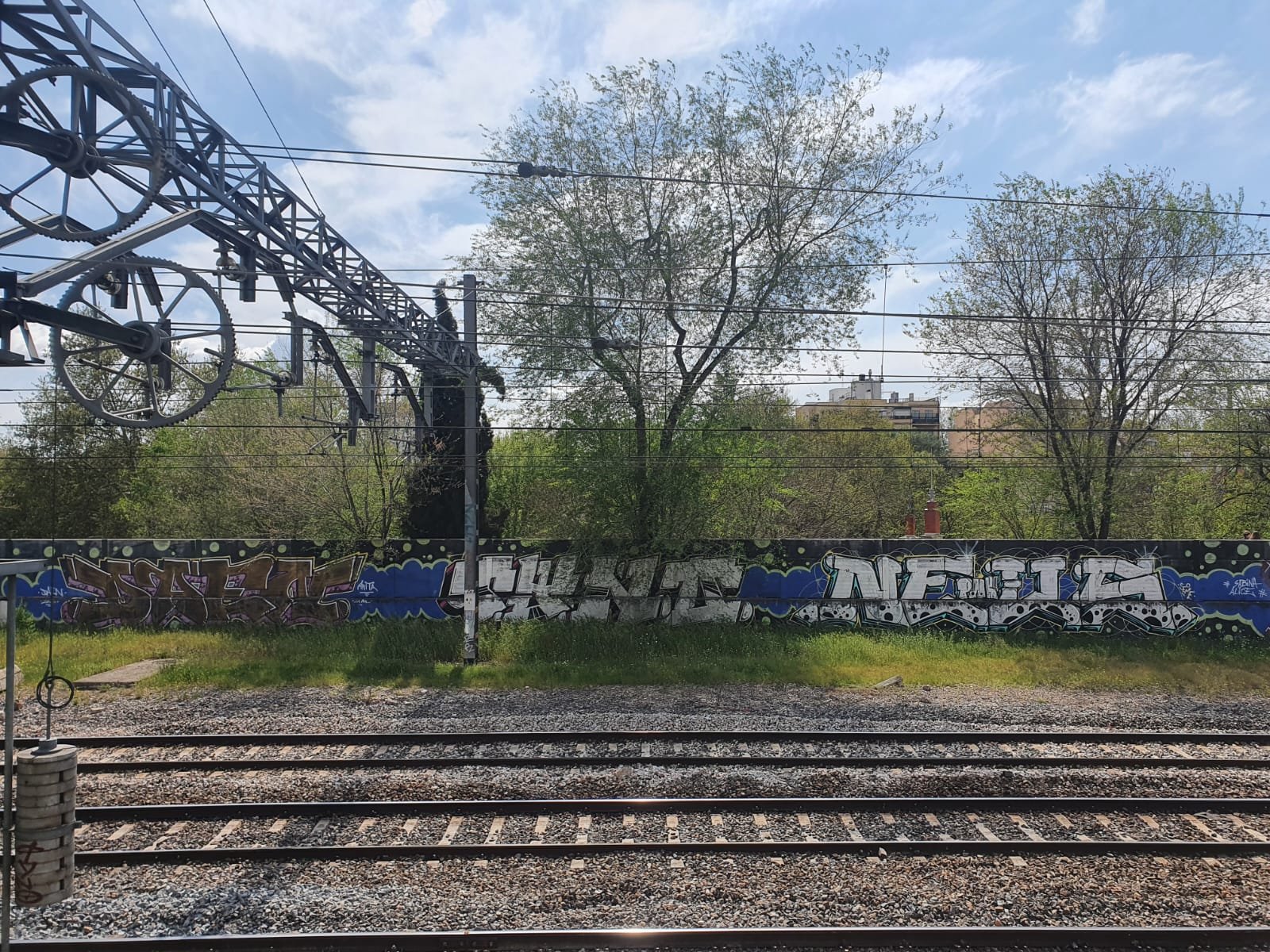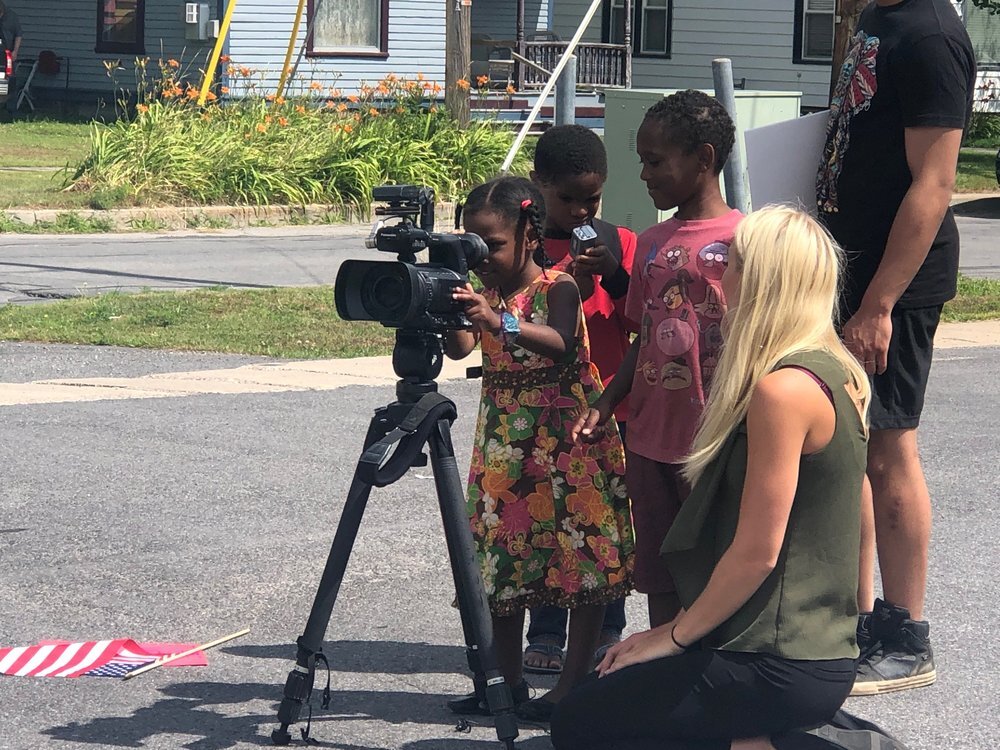
Stories
News

Analysis
Voices
Podcast
Announcements
Events

All Stories
Flowers of Buffalo: Videos Are Flowers
I’m a recovering college professor. Teaching is my drug – it gets me high. But these “highs'' never last long, and my addiction was costing years off my life. The problem isn’t teaching; it’s learning – learning is the purpose of teaching, and I cannot tell when, how, or why people learn in college classrooms. So to summarize, since 2007, I have been getting high off teaching, leading history classes at two different universities, and sharing my expertise with more than 1500 students until I resigned in 2023. In that period, I’ve struggled with anxiety and depression, I’ve fought off rashes and infections, and I’ve been hospitalized for stress-related conditions afflicting my heart, arms, and brain. Getting high on the job was killing me.
Flowers of Buffalo: In Search of Eden
On Friday, June 23, I joined the Fellows on two tours, one of the People United for Sustainable Housing (PUSH-Buffalo) Green Economic Development Zone and another of an urban farm administered by Massachusetts Avenue Project (MAP). On both tours, I was chasing flowers with my phone – I’m obsessed. But I found much more than flower pictures. I found myself on the grassroots, too, a drop of dew shimmering in sight of Eden.
Flowers of Buffalo: Roses, Peonies, and Blooms
One April morning in 2021, I snapped a cell phone picture of a peony that was growing outside my mom’s house in Amherst, New York, a suburb of Buffalo. It was toward the end of the COVID pandemic. The term “new normal” was all the rage. I didn’t know it, then, but I was searching for love, and I had found it. This morning, the sun was beaming; the flowers were stretching for sunlight; and I was falling head over heels for the flowers of Buffalo.
Artsakh: The Burdens of Healing (Short Documentary)
Weave News is pleased to present this short documentary by Taline Norsigian, a young artist and filmmaker who has previously worked as an intern with our organization. The film was produced in 2022-2023 as part of an independent study project at St. Lawrence University under the supervision of Dr. John Collins. It was released by Hay Hokee Films in 2023.
We Are Not Powerless: Advocating For Clean Water and the Rights of Rivers
Recently, wildfire smoke darkened our skies in northern New York, making being outside unpleasant to downright unhealthy. We experienced what it’s like when something fundamental that we take for granted, such as clean air, isn’t available. Here in the North Country, far from big cities, we expect clean air; yet we were powerless to do anything about the air pollution we were suddenly suffering. Clean water is also fundamental to our well-being. We expect our waterways to be clean and healthy, but clean water is under threat from pollution.
Cirio Ruiz Gonzalez
To know Cirio Ruiz is to know the history of CORECAFECO. He has been part of this council for approximately 40 years. What is CORECAFECO? It is the Coatepec Regional Coffee Council. It is an organization that strives for dignified and fair treatment for coffee workers accomplished through community organization and clean processes, the production of coffee free of agrochemicals. They fight for fairer prices, valuing human and environmental life, taking care of biodiversity and ensuring that the land and water remain healthy.
Resistiendo “Proyectos de Muerte”: Entrevista con Carlos Beas Torres
Aquí presentamos una entrevista con Carlos Beas Torres de la Unión de Comunidades Indígenas de la Zona Nortel del Istmo de Tehuantepec (UCIZONI), una organización que ha resistido a CIIT desde su inicio, y que forma parte de la caravana “El Sur Resiste.”
Resisting “Death Projects”: An Interview With Carlos Beas Torres
The following is an interview with Carlos Beas Torres, a member of the Unión de Comunidades Indígenas de la Zona Nortel del Istmo de Tehuantepec (Union of Indigenous Communities from the North of the Isthmus or UCIZONIT), an organization that has resisted the CIIT since its conception and forms part of the “El Sur Resiste” (The South Resists) Caravan.
Alert: Repression and Eviction of the “El Sur Resiste” (The South Resists) Caravan in Guichicovi, Oaxaca
Translation of a statement issued on April 28 by the National and International Caravan “El Sur Resiste” (The South Resists) regarding the repression and eviction of the "Tierra y Libertad" (Land and Liberty) protest camp, which was located in the Mogoñe Viejo community, Huichicovi, Oaxaca. Mexico. Read the original Spanish statement.
Incendiary Commentary: The Ninots of Las Fallas, Valencia
A fiery tradition in Valencia, Spain, called Las Fallas is held annually from March 1 to 19. Festivities happen throughout the day and night, including firework shows like the grandiose and explosive Nit del Foc on March 18, which uses between two to 4.5 tons of gunpowder, and parades such as La Ofrenda and Mascleta. On March 19, the burning of freestanding doll-like figures called ninots, La Cremà, makes the city a chaotic playground that reflects upon social and political realities of the day.
“We’re trying to move a society”: Speaking Up For the Rights of Rivers in the North Country
“Rivers keep us alive and keep so many other living beings alive.” With those words, Blake Lavia, the President of Talking Rivers, welcomed more than 30 North Country community members to a wide-ranging discussion on a revolutionary idea: the Rights of Rivers. Held at Clarkson University on Earth Day (April 22), the event showcased the local and global momentum behind the idea as well as some of the key challenges facing those who would like the Rights of Rivers to become law across the St. Lawrence River / Kaniatarowanénhne and Adirondack Watersheds.
Gentrification and Resistance in Lavapiés
I was excited to learn more about this neighborhood and explore it myself. I come from a multicultural neighborhood in New York City, where my community is home to hundreds of immigrants. I was raised by immigrants myself, so I wondered if Lavapiés would remind me of home. However, the professor explained that there is a major problem occurring in Lavapiés: gentrification.
Remember the T in LGBTQIA+: Trans Community Faces Increasing Violence in Coastal Kenya
Recently Kenya has come into the global spotlight following the murder of fashion designer, model, and LGBTQIA+ activist Edwin Chiloba in a suspected hate crime in January 2023. However, there are LGBTQIA+ people in Kenya who rarely make it into the global and even national media spotlight - people like Wayne, a monitor with the Center for Minority Rights, who is working to protect and support LGBTQIA+ people in the coastal region of Kenya.
Lavapiés: The Perfect Place for Rebellion
Since January 2022, Spain, like much of Europe, has suffered a prolonged drought exacerbated by climate change. Luckily, activist groups such as Extinction Rebellion are paving the way for a revolution to fight the destruction caused by our inaction against climate change. Recently I came across some of Extinction Rebellion’s powerful visuals while walking through the Lavapiés neighborhood in the Spanish capital, Madrid.
Criminalizing Solidarity: The Eternal Fascist Playbook
Here’s the thing: Fascists hate solidarity. At a minimum, they want you to laugh at people who embrace the solidarity impulse and who act accordingly. At a maximum, they want you to support the criminalization and violent suppression of this impulse. What this means is that acting out of solidarity is a fundamental part of the larger project of fighting fascism - a project whose global urgency is growing by the day.
“We are More”: Public Art With a Purpose
“Phingbodhipakkiya’s art encourages you to stop and reflect. The public nature of her eye-catching work encouraged me, and likely thousands of others walking down the crowded NYC streets, to consider individual and collective attitudes towards specific societal groups. It calls out double standards when it comes to appropriating a culture instead of appreciating it.”
His Journey: From Syria to Denmark and Uncertainty
Ahmed Ibrahim, a 24-year-old man from northern Syria, arrived in Denmark in August of 2017 during the Syrian Civil War. His experience as a refugee, his perseverance, and his willingness to tell his story are true signs of resilience.
Why Do People Do Graffiti?
According to Art Journal, “there are many possible purposes for graffiti: it can be to tell a story, highlight a certain moment in time where things went wrong or right, describe people, politics, culture, art, places and society together; express yourself anonymously, or just be another art form.” However, that is only a partial answer. The actual reason why people do graffiti is much more complex and involves learning a bit of history —making it impossible to summarize in one sentence.
Exploring the Underground Graffiti Culture in Madrid
I am fascinated by how graffiti artists like SODA express themselves by using the public space of a city as their canvas. Graffiti is not only an artform, it is also a lifestyle, a culture. Painting at night, breaking into train stations, exploring underground tunnels, running from police (hopefully not) are part of the everyday life of a graffiti artist. They go to great extents and risk their lives, careers, and freedom to realize their work. I have a lot of respect for those who keep this culture alive.












